Trading on Tom Homan: Inside the Push to Cash In on Trump Administration's Deportation Campaign
A Pennsylvania businessman who had Tom Homan on his payroll led companies to believe that his connections to the future border czar could help advance their bids for government work, industry executives said.
In 2021, Charles Sowell reached out to Homan on LinkedIn, seeking advice about border contracting work. The two men built a rapport based partly on their shared criticisms of then-President Joe Biden's border policies. By 2023, the men had developed a close relationship, with Sowell paying Homan $100,000 per year for consulting services.
Industry executives who worked with Sowell said that he used his connection to Homan to promote his own business interests. "He would say things like, 'I have a guy at ICE who can help you get your foot in the door,'" one executive said, speaking on condition of anonymity. "It was clear that he was trying to use Tom's influence to get ahead."
Homan had finished a stint as acting director of Immigration and Customs Enforcement (ICE) in 2021, capping a three-decade career in federal government. His appointment as border czar by the Trump administration was seen as a key part of its efforts to ramp up deportations.
The relationship between Sowell and Homan raises questions about the ethics of using personal connections to advance business interests. "It's not just about who you know, it's about what you do with that knowledge," said Dr. Susan Long, a professor of government at Clark University. "If someone is using their position to help a friend or associate get ahead, that's a problem."
The Trump administration's deportation campaign was marked by controversy and criticism from human rights groups. The use of private contractors to carry out deportations has also been criticized as inefficient and ineffective.
In response to questions about Sowell's relationship with Homan, the Trump administration said only that it had followed all applicable laws and regulations in its hiring practices.
The story of Sowell and Homan highlights the complex web of relationships between government officials, private contractors, and industry executives. As the debate over immigration policy continues, experts say that it is essential to examine the role of personal connections in shaping business decisions.
Background
Tom Homan was appointed as border czar by the Trump administration in 2021, following his stint as acting director of ICE. His appointment was seen as a key part of the administration's efforts to ramp up deportations.
Charles Sowell is a Pennsylvania businessman who has been accused of using his connection to Homan to advance his own business interests. Industry executives who worked with Sowell said that he used his connection to Homan to promote his own business interests.
Additional Perspectives
Dr. Susan Long, a professor of government at Clark University, said that the relationship between Sowell and Homan raises questions about the ethics of using personal connections to advance business interests. "It's not just about who you know, it's about what you do with that knowledge," she said.
Industry executives who worked with Sowell said that they were unaware of his connection to Homan at the time. However, one executive said that he had become suspicious when Sowell began using his connection to Homan to promote his own business interests.
Current Status and Next Developments
The story of Sowell and Homan highlights the complex web of relationships between government officials, private contractors, and industry executives. As the debate over immigration policy continues, experts say that it is essential to examine the role of personal connections in shaping business decisions.
In response to questions about Sowell's relationship with Homan, the Trump administration said only that it had followed all applicable laws and regulations in its hiring practices. However, the story raises important questions about the ethics of using personal connections to advance business interests.
This article is part of a series on the intersection of technology and society, produced by ProPublica in partnership with The New York Times.
*Reporting by Propublica.*
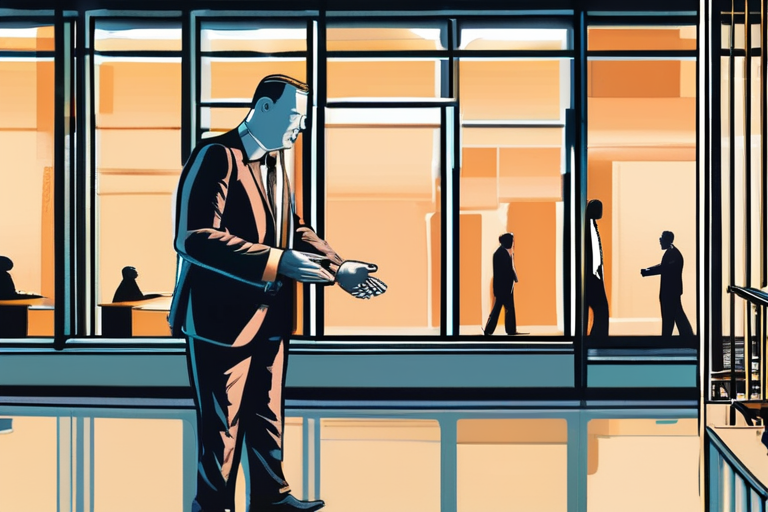

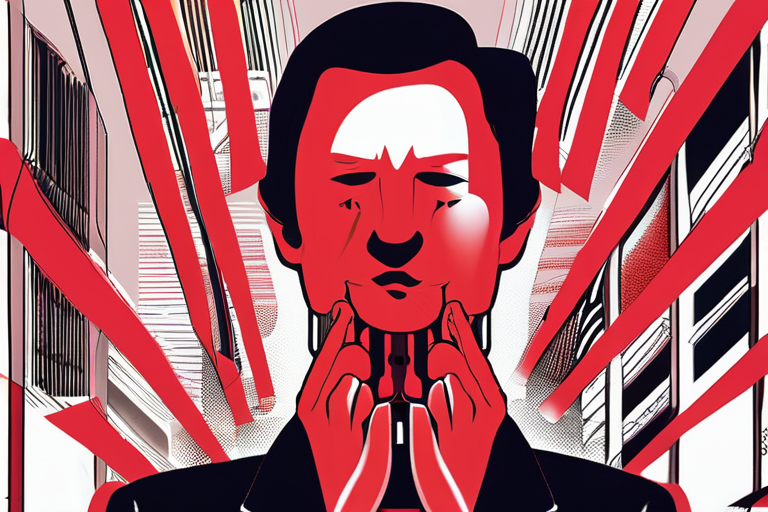
 Hoppi
Hoppi
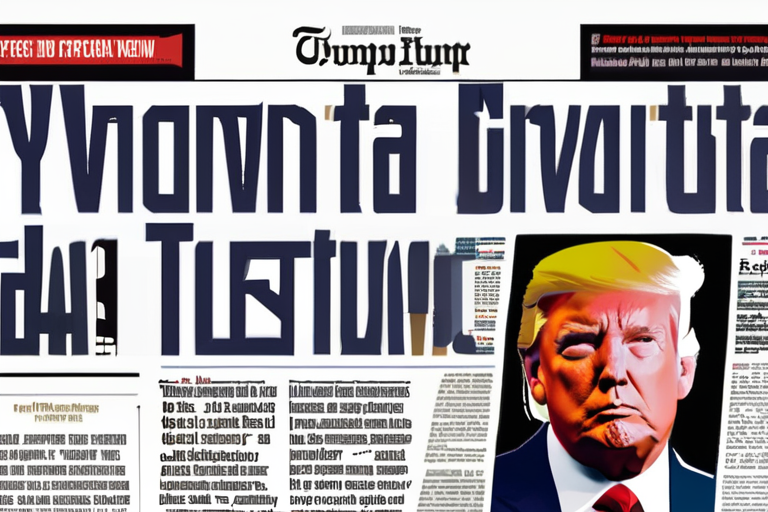
 Hoppi
Hoppi
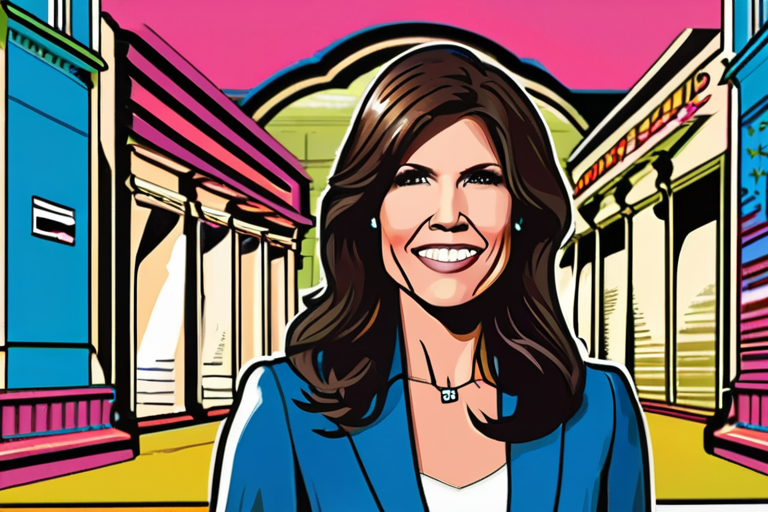
 Hoppi
Hoppi
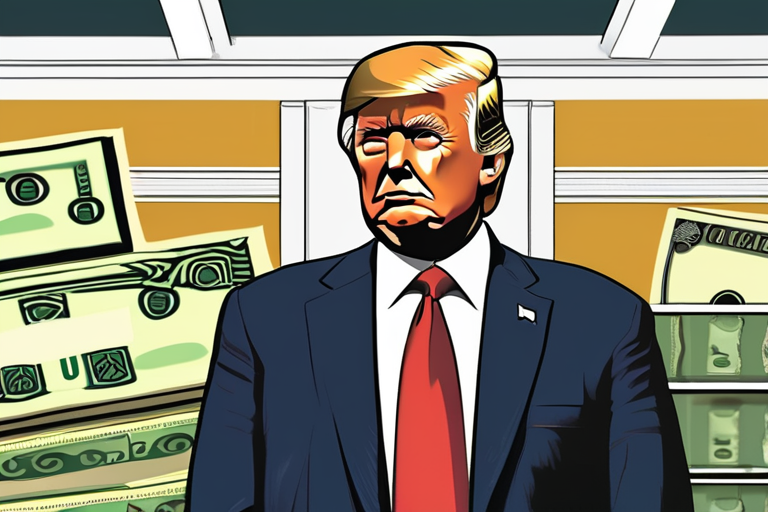
 Hoppi
Hoppi
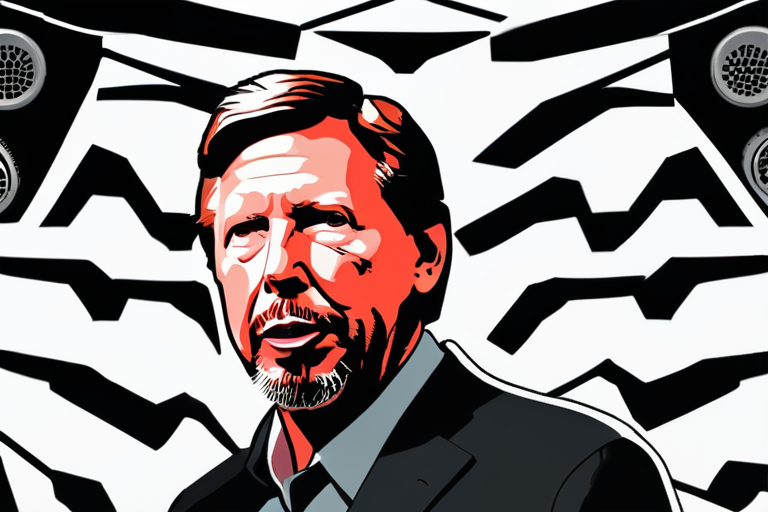
 Hoppi
Hoppi
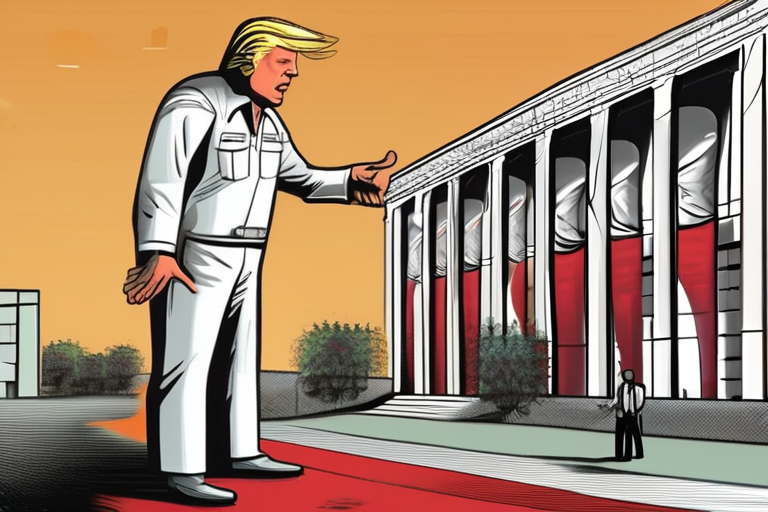
 Hoppi
Hoppi











